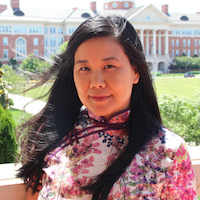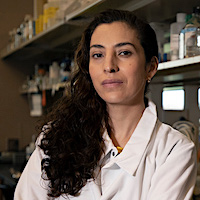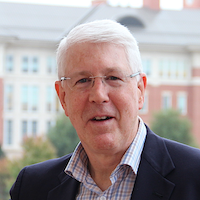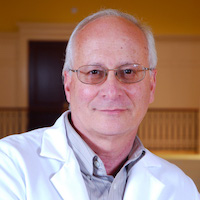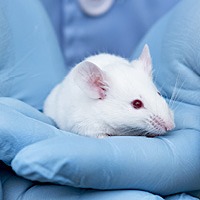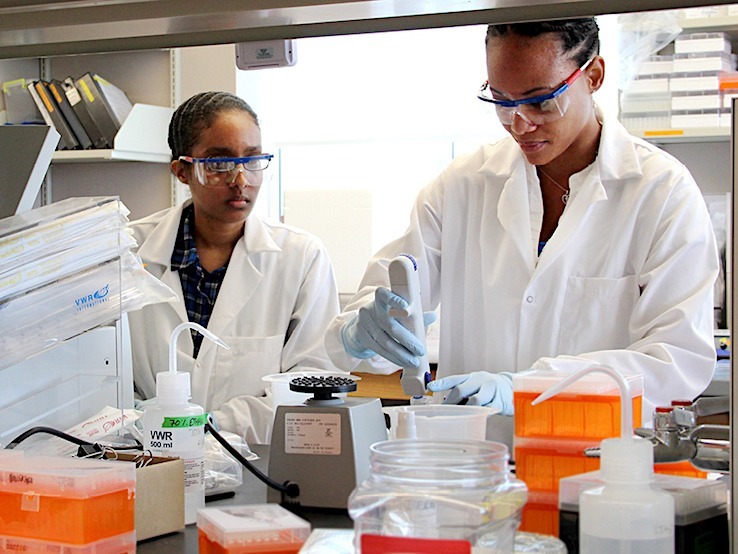News
Our research not only influences the scientific community, but the general public as well. We strive to share our discoveries with everyone. Read some of our latest articles on what is happening at the Nutrition Research Institute.
Metabolic clues could serve as early predictors of pregnancy complications, inform nutritional intervention
Published on the Gillings School of Global Public Health website June 18, 2021. Some of the most common complications that moms and babies face during pregnancy include high blood pressure, preeclampsia and preterm birth, but predicting who might be at risk is still...
Could nutrient cocktails play a role in diminishing addiction, reducing adverse effects of substance abuse?
Published on The Gillings School of Global Public Health website May 19, 2021. Research has shown that using illicit drugs, including opiates and opioids, can disrupt a person’s metabolism and impact neurological and behavioral function. Experts at the UNC Gillings...
Keep the Fireworks Going: NRI Student Success is Explosive!
This summer, NRI students continue to shine bright and have been recognized for their endeavors both on the University level and nationally! Congratulations to Halle Fogle, an incoming graduate student in the Sergey Krupenko Lab. Halle recently received a UNC Gillings...
Paving New Paths to Choline
By Olivia Rivera June 15th, 2021 Health UNC Nutrition Research Institute assistant professor Isis Trujillo studies choline, an essential nutrient that is critical for brain development in the womb. A former postdoctoral researcher, she now runs her own lab and is...
The Greatest Minds in Nutrition Call the NRI Home
The nation’s top researchers in science and health met from June 7-10 for Nutrition Live Online 2021, the American Society for Nutrition’s flagship conference. #NutritionLiveOnline brought together the greatest minds in nutrition – including Nutrition Research...
Con-grad-u-lations, Julie Hasken!
Congratulations to Julie Hasken, the Nutrition Research Institute’s newest PhD! Julie earned her doctorate from the UNC Chapel Hill Department of Nutrition in 2021 and is now a postdoctoral research associate with Dr. Philip May. Julie joined the NRI in 2012 as a...
How the 1982 National Champion Tar Heels Inspired New NRI Director Stephen Hursting, PhD
Stephen Hursting, PhD, can still remember visiting Carolina for the first time before beginning his graduate studies at UNC-Chapel Hill. “I came on a beautiful, sunny spring day. It was 1982 and UNC had just won the [NCAA] National Championship on Michael Jordan’s...
A legacy of precision nutrition
By Amanda Wicks University Communications UNC-Chapel Hill Image by Robert Singh Photography Dr. Steven Zeisel will be stepping down as the UNC Nutrition Research Institute’s director after 13 years, but he leaves behind a legacy that has helped shape a more...
Incorporating genetic diversity into animal model studies of precision nutrition
One of the barriers to translating research results from pre-clinical to clinical is when positive results seen in animal models fail to be apparent in humans. Many early-stage studies use a single mouse strain. These mice are genetically homogeneous, and while this...
Support the NRI
By donating to the Nutrition Research Institute, your money targets the root of most American disease. Our scientists focus on how our genes respond to food so that soon medical practitioners will be able to guide people in their health from childhood through old age. Our critical research depends on the generosity of people like you.

